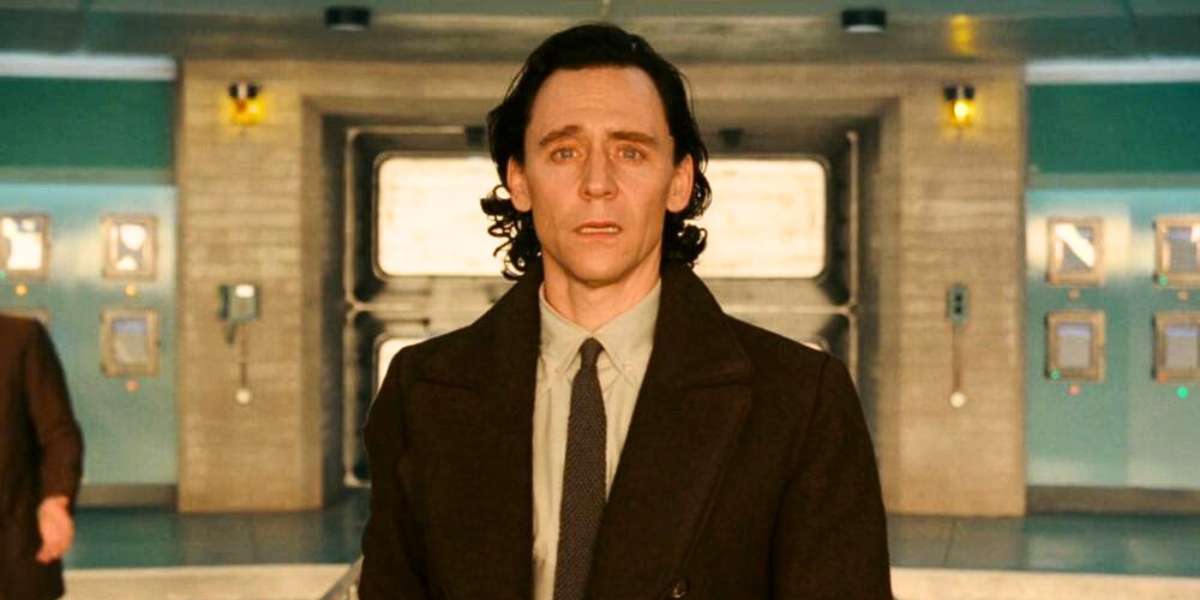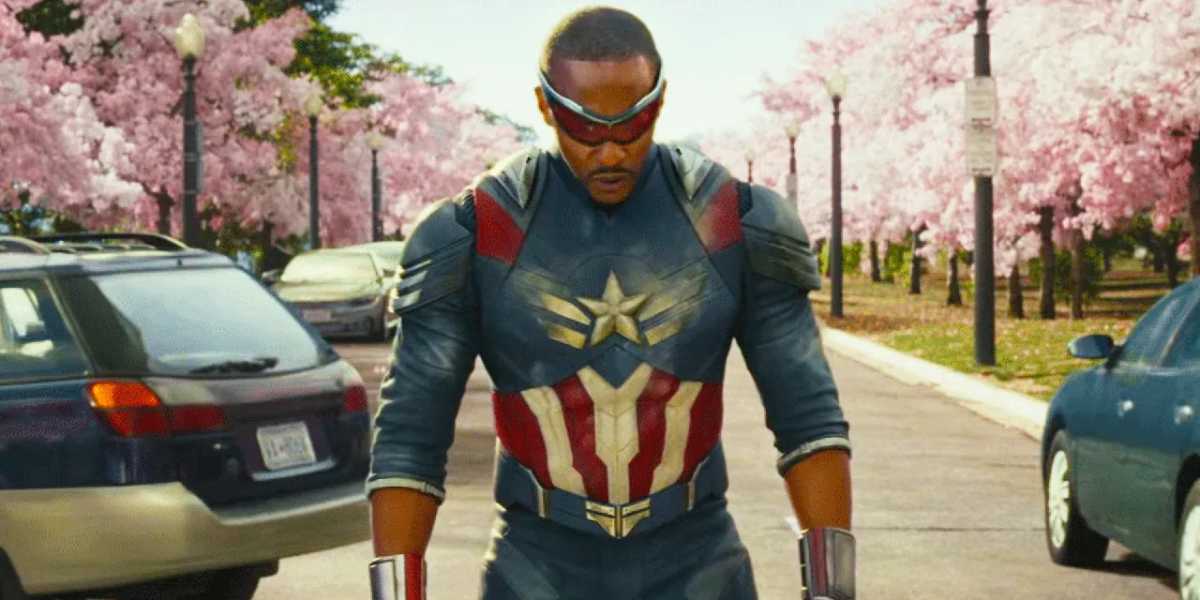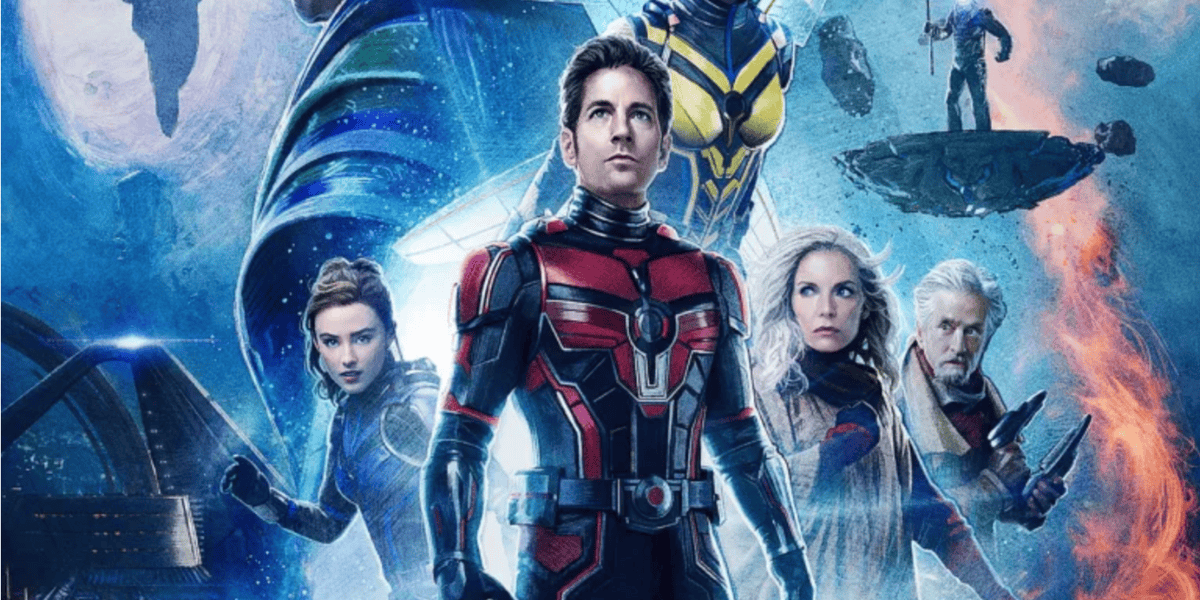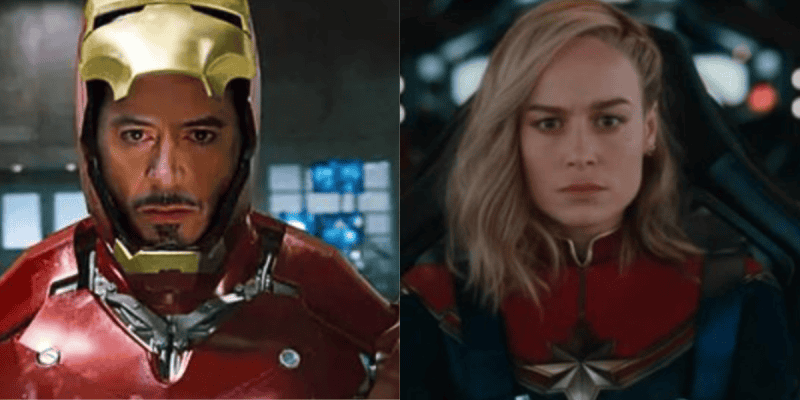There was a clear vision when the Marvel Cinematic Universe kicked off with Iron Man (2008) and eventually led to the first Avengers (2012). The films built toward something bigger, threading together strong character arcs, crowd-pleasing action, and just enough humor to keep things light. Every movie felt like a piece of a larger puzzle.
Fast-forward to recent years, and many fans believe the structure has crumbled. What used to feel like a tightly woven saga now feels like a pile of confusion and chaos. New characters are introduced at lightning speed, often without the depth or development needed to make audiences care. Stories drift from the MCU’s original style, and for some, the creative direction leans heavily into “woke” concepts instead of prioritizing coherent storytelling.
When Phase 5 rolled around, many fans said the same thing: the MCU had lost its way. And now, reports suggest Disney has decided to change course and learn from its Phase 5 mistakes.

“Woke” Storylines Take the Spotlight in Agatha All Along
One of the most talked-about examples of Disney’s recent MCU approach is Agatha All Along (2024). On paper, it’s a quirky spinoff about a fan-favorite witch from WandaVision. In execution, many viewers noticed the political and social commentary taking center stage.
LGBTQ+ themes were front and center, from a prominent trans pride flag in Billy Maximoff’s room to same-sex kisses between major characters. For supporters of this representation, it was a welcome moment of inclusion.
For others, it felt like Disney was prioritizing political signaling over building compelling plots. The series leaned into metaphor-heavy witchcraft themes that some interpreted as messages about marginalized identities and power struggles—subtle for some, heavy-handed for others.
The result? Divided reactions, with a portion of the audience walking away feeling the MCU was trying to make a statement first and tell a story second.

Loki Season 2 and Gender-Fluid Loki
Then came Loki Season 2 (2023), which continued to explore the character as gender-fluid, a detail Marvel confirmed through promotional materials and story beats. For some viewers, it added depth and complexity to the God of Mischief. Other fans called it another example of the MCU using identity as a focal point in place of tight action or sharp pacing.
Adding to that, there’s been a growing conversation about how male characters in recent Marvel projects are written. Some fans feel they’re being sidelined, softened, or “emasculated” compared to their earlier portrayals, with Loki’s arc sometimes used as an example of this trend.

Captain America: Brave New World Controversy
Few changes stirred more discussion than handing the Captain America shield to Sam Wilson, played by Anthony Mackie, instead of Bucky Barnes. While this storyline aligns with certain comic runs, many fans saw it as an unnecessary reinvention designed to make a political point.
Mackie’s comments about the role fueled the debate. In an interview, he said, “For me, Captain America represents a lot of different things, and I don’t think the term ‘America’ should be one of those representations.” For fans who already felt uneasy about the MCU’s direction, this was read as a signal that the film might carry a more politically charged tone than they’d prefer.

Phase 5’s Long List of Misfires
Even setting political debates aside, many Phase 5 projects didn’t hit the mark for audiences.
- Secret Invasion (2023) – Promised an espionage thriller but ended up feeling flat, with pacing issues and a forgettable climax.
- Ant-Man and the Wasp: Quantumania (2023) – Critics called it chaotic, with some joking it felt more like an off-brand Star Wars film. The focus on Janet van Dyne over Scott Lang frustrated fans who came to see Paul Rudd’s Ant-Man in the spotlight.
- Echo (2024) – Released quietly and left just as quietly, with many saying it lacked the energy of earlier MCU series.

- Ironheart (2025) – Introduced a new hero, but many felt it leaned too much on political undertones without delivering memorable action.
- The Marvels (2023) – Labeled by some as one of Marvel’s weakest outings, struggling to balance multiple leads and tonal shifts.
- Daredevil: Born Again (2025) – Anticipated but criticized for feeling disconnected from the Netflix version fans loved.
- Guardians of the Galaxy Vol. 3 (2023) – While not a total flop, it left fans underwhelmed. There were laughs, but pacing issues and uneven tone kept it from reaching the heights of the original.
These projects weren’t necessarily all political, but they were often described as slow, unfocused, or missing that signature Marvel magic.

Small Glimpses of the Old Marvel
Not every Phase 5 release has been met with disappointment. Thunderbolts (2025) showed promise by connecting with established MCU characters while introducing new ones in a way that felt more natural than The Marvels. While it was considered a box office flop, it also received countless positive critic and fan reviews.
And then there’s Deadpool & Wolverine (2024), which delivered the kind of humor, action, and fan service many had been craving. Packed with familiar faces and playful nods to Marvel’s past, it wasn’t perfect—some thought it had too many characters and dragged in spots—but it still felt closer to the MCU’s original winning formula.

The New Direction: Back to Basics
In response to declining box office numbers and lukewarm fan reception, Disney is reportedly shifting the MCU’s direction. The goal? Bring back the elements that made people fall in love with Marvel in the first place:
- Heroes you can root for – Focus on character arcs that make audiences feel invested.
- Familiar faces – Bring back legacy characters in meaningful ways, not just cameos.
- New heroes that feel natural – Introduce fresh characters gradually and with purpose, instead of forcing them into the spotlight.
- Storylines that count – Avoid filler projects and make every installment matter to the larger narrative.
- The MCU’s signature style – Blend humor, action, and interconnected storytelling that flows from one film to the next.
Fans aren’t asking for every movie to look exactly like Iron Man (2008) or Avengers (2012), but they do want the heart of those films to return: tight storytelling, memorable characters, and action sequences worth talking about on the way home. With RDJ returning to the MCU, fans hope Disney is genuinely moving in the right direction.
If Disney follows through, the MCU could start winning back the audiences that have been drifting away. But for now, many are still watching with cautious optimism, hoping this new direction is more than just talk.
